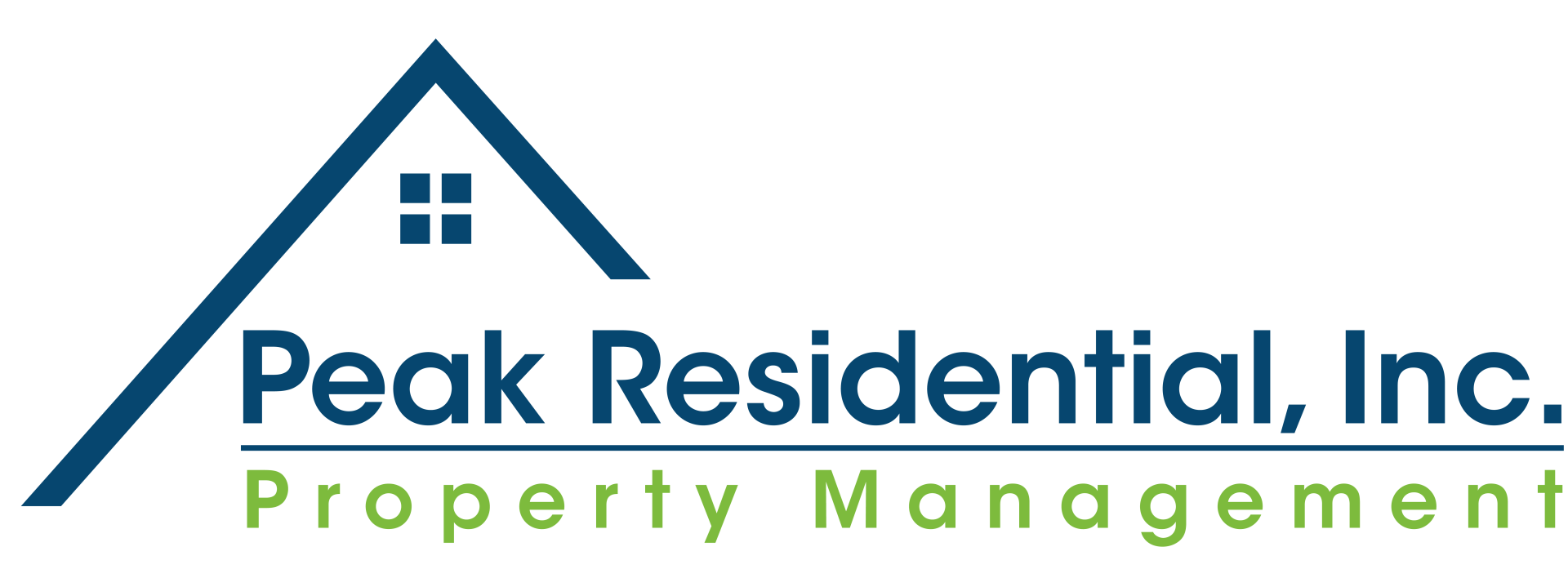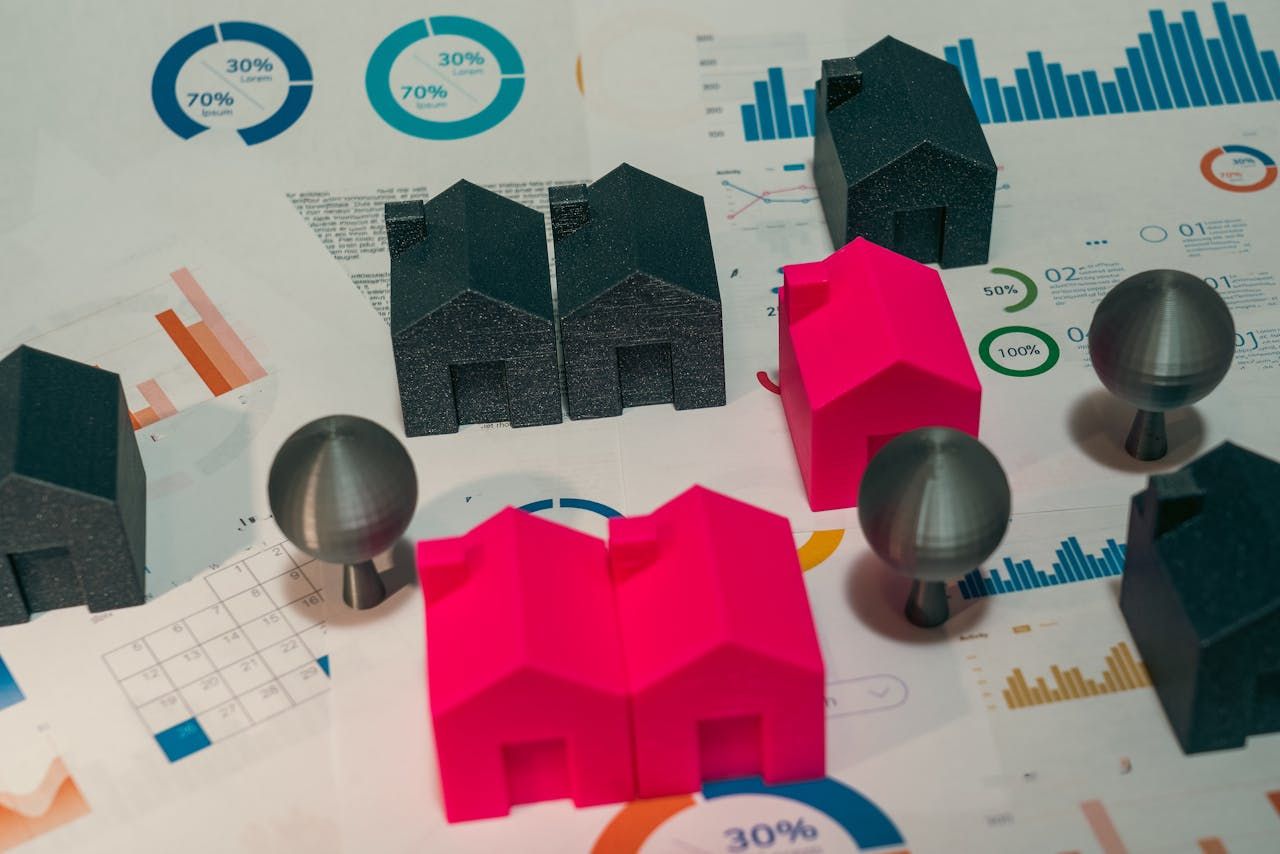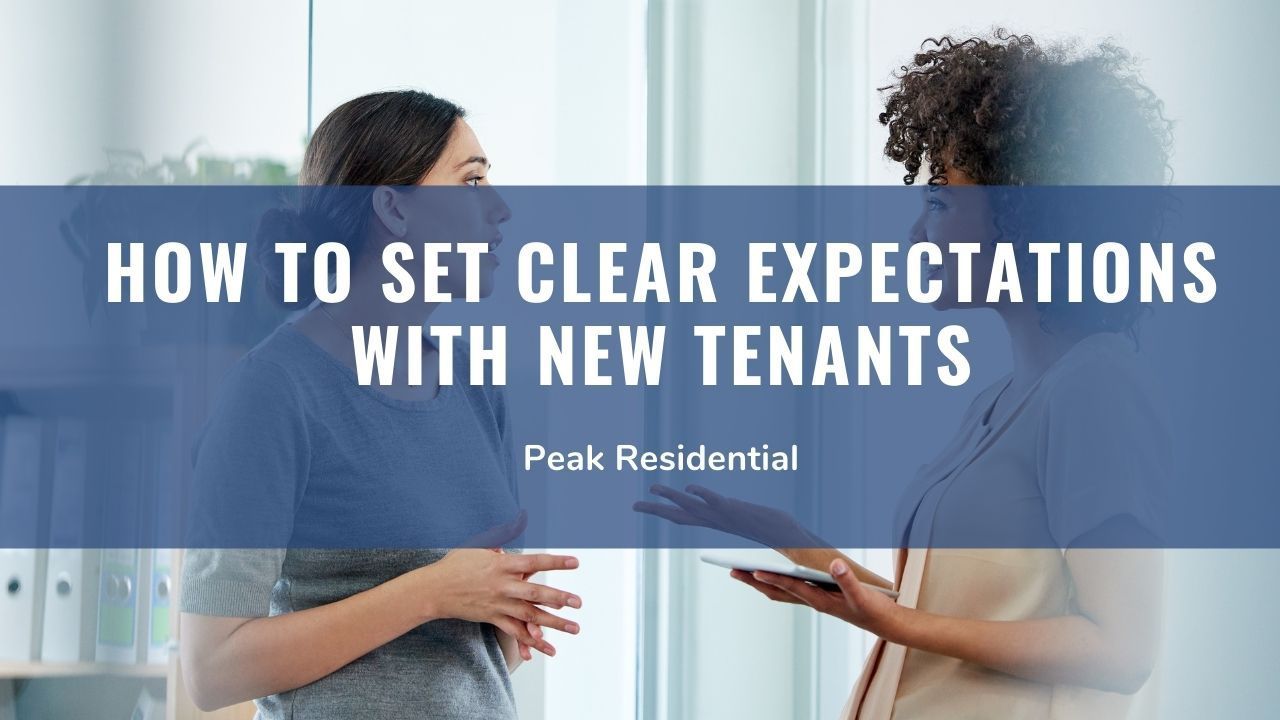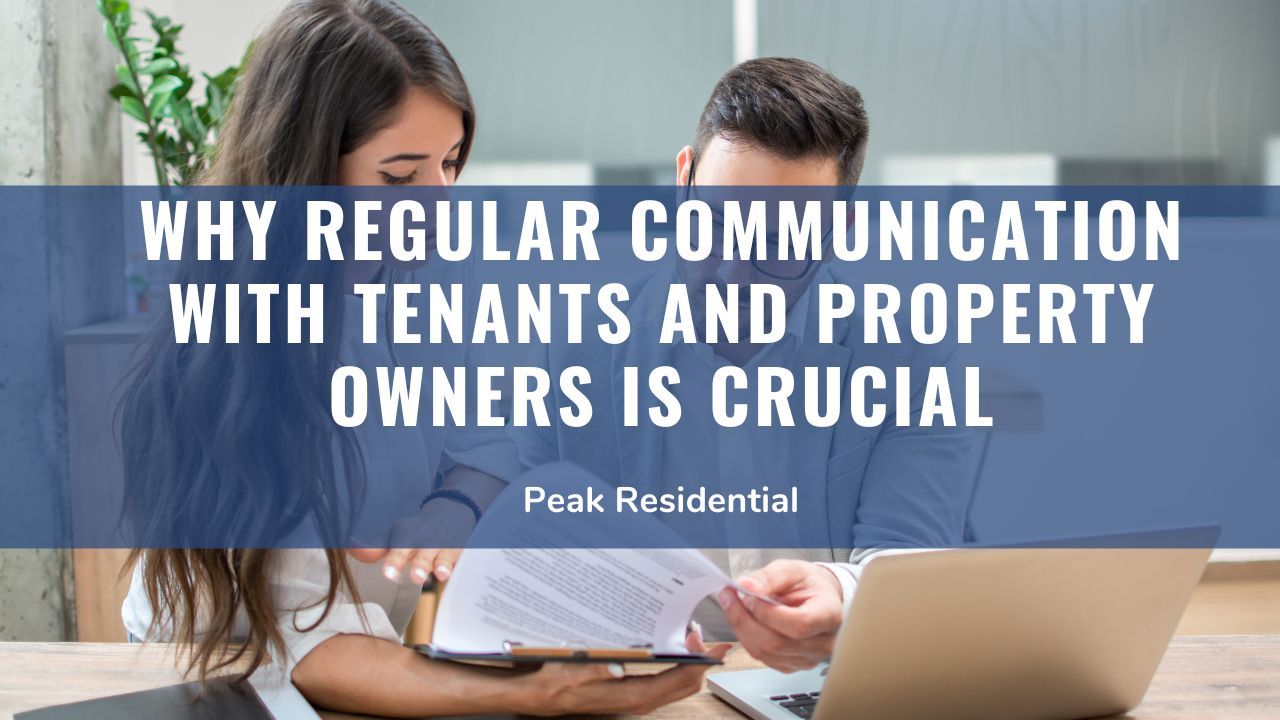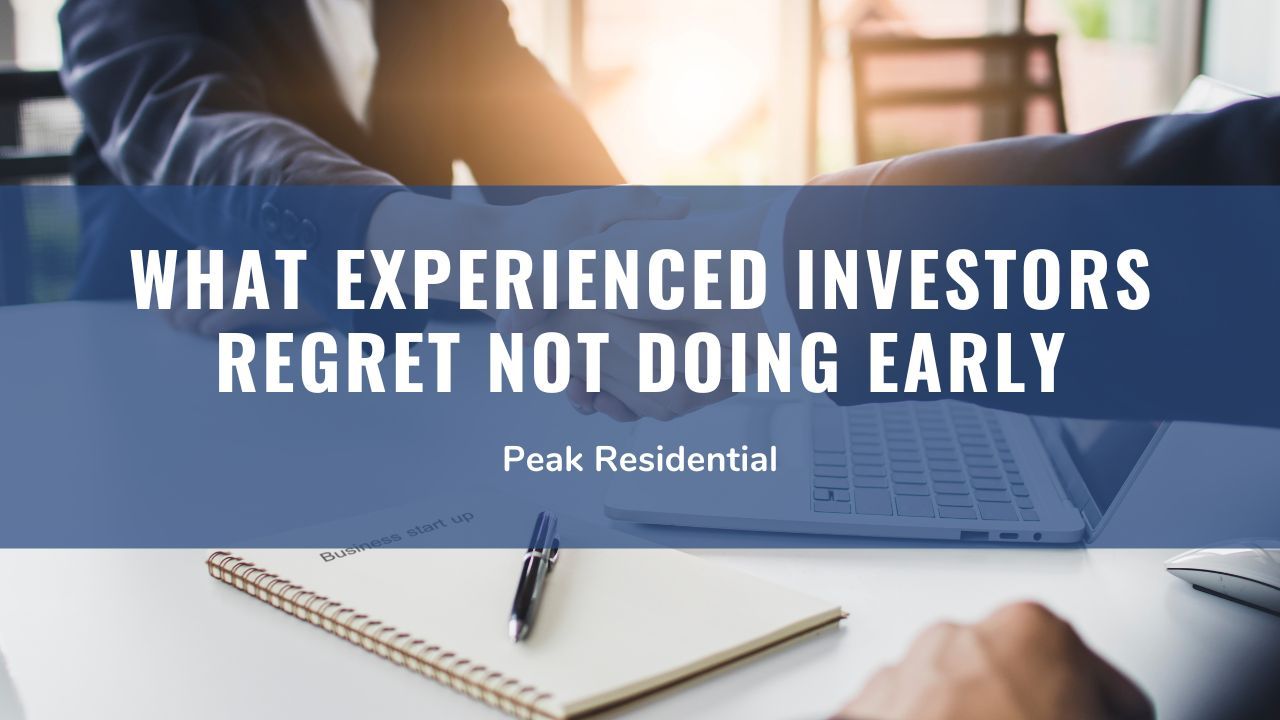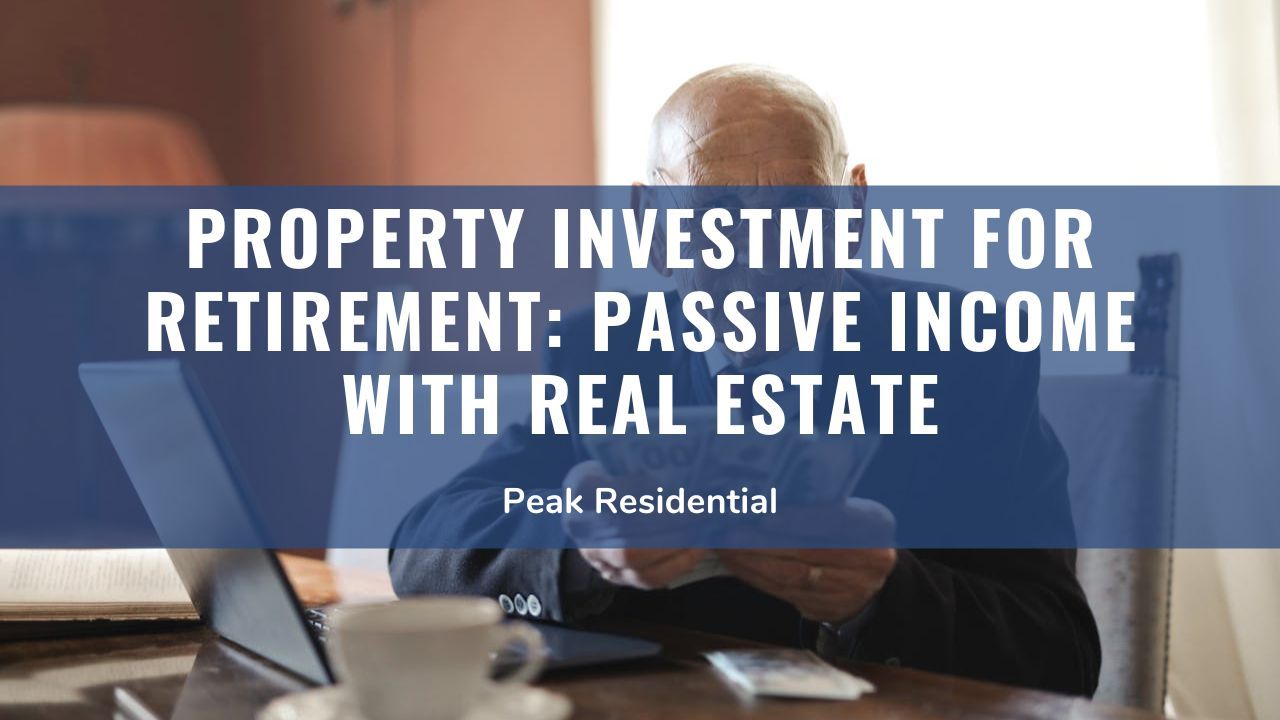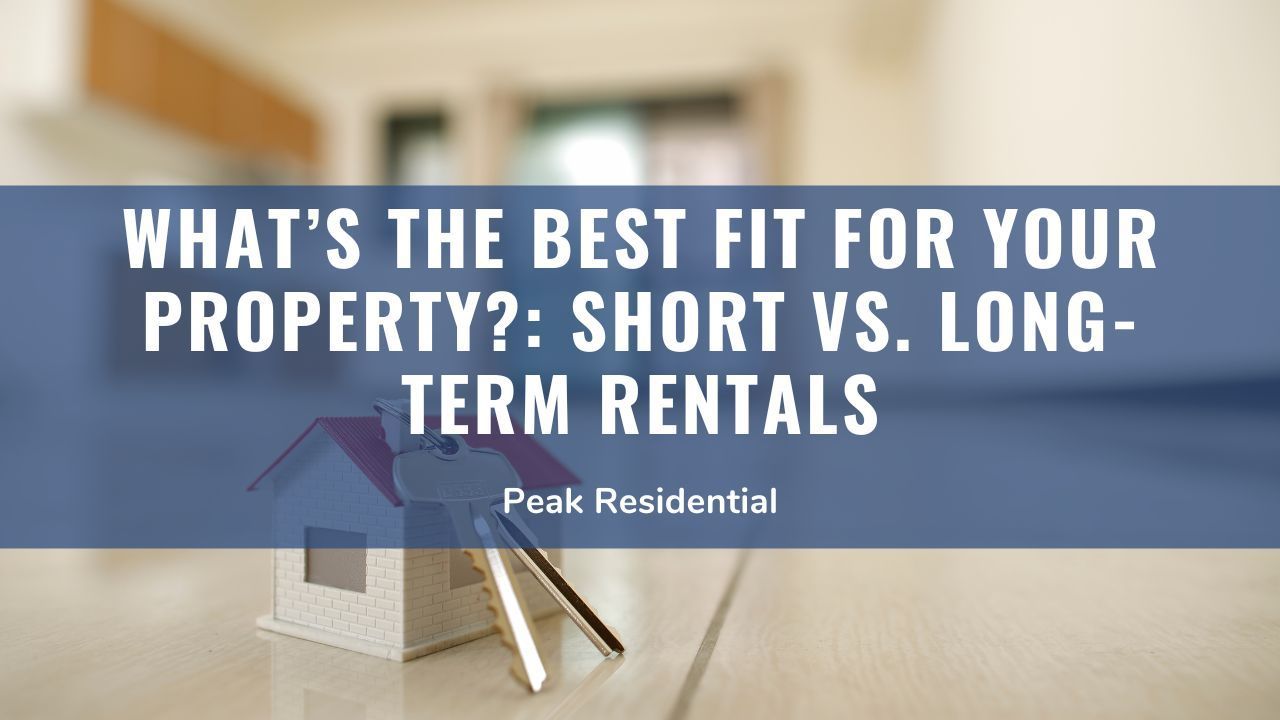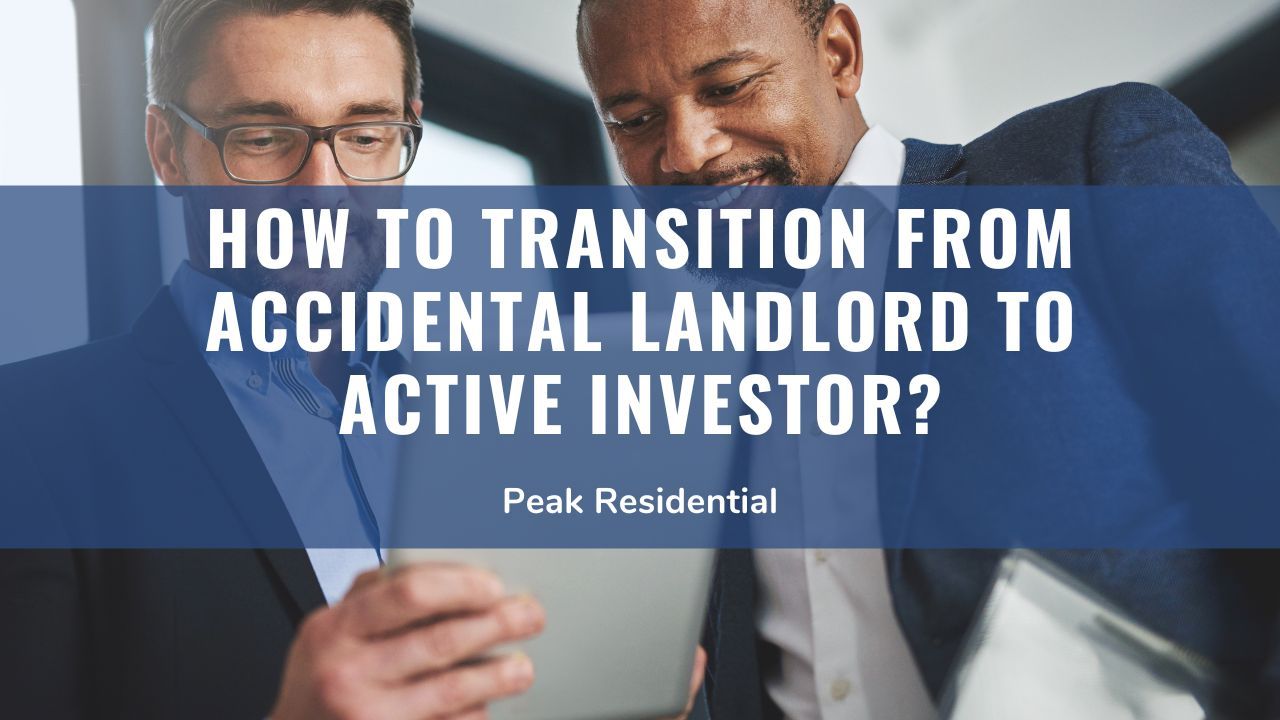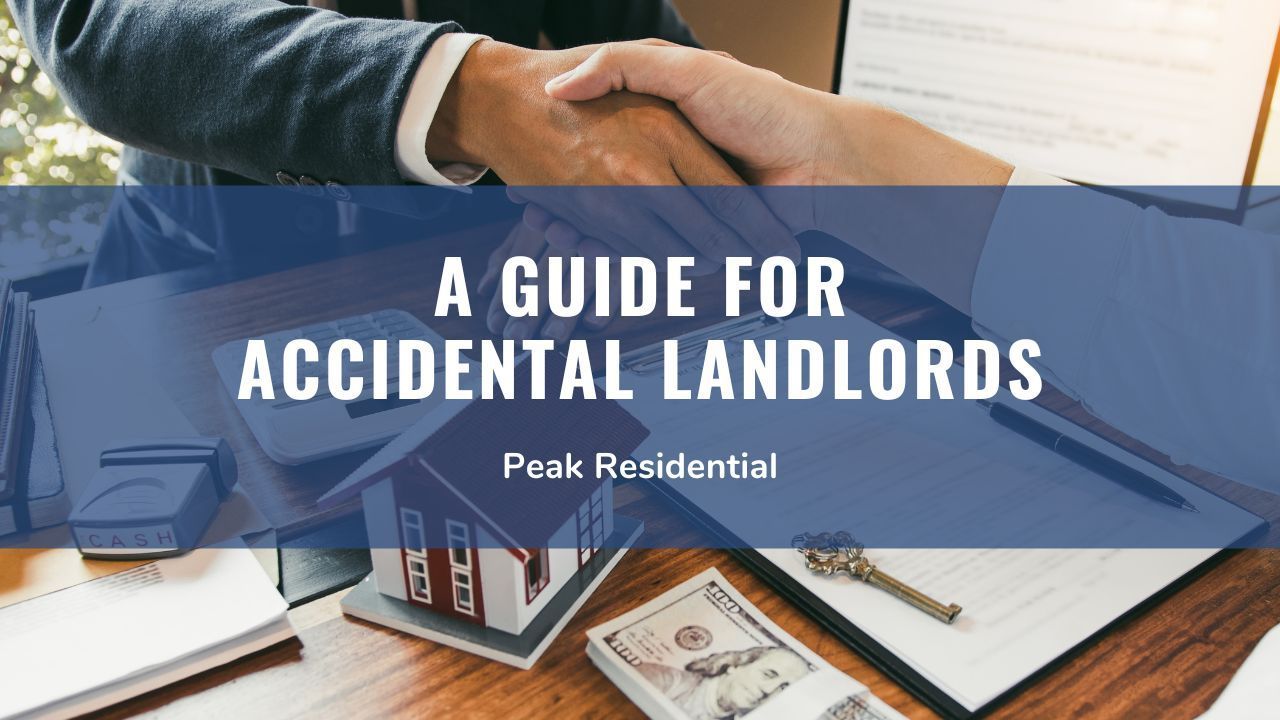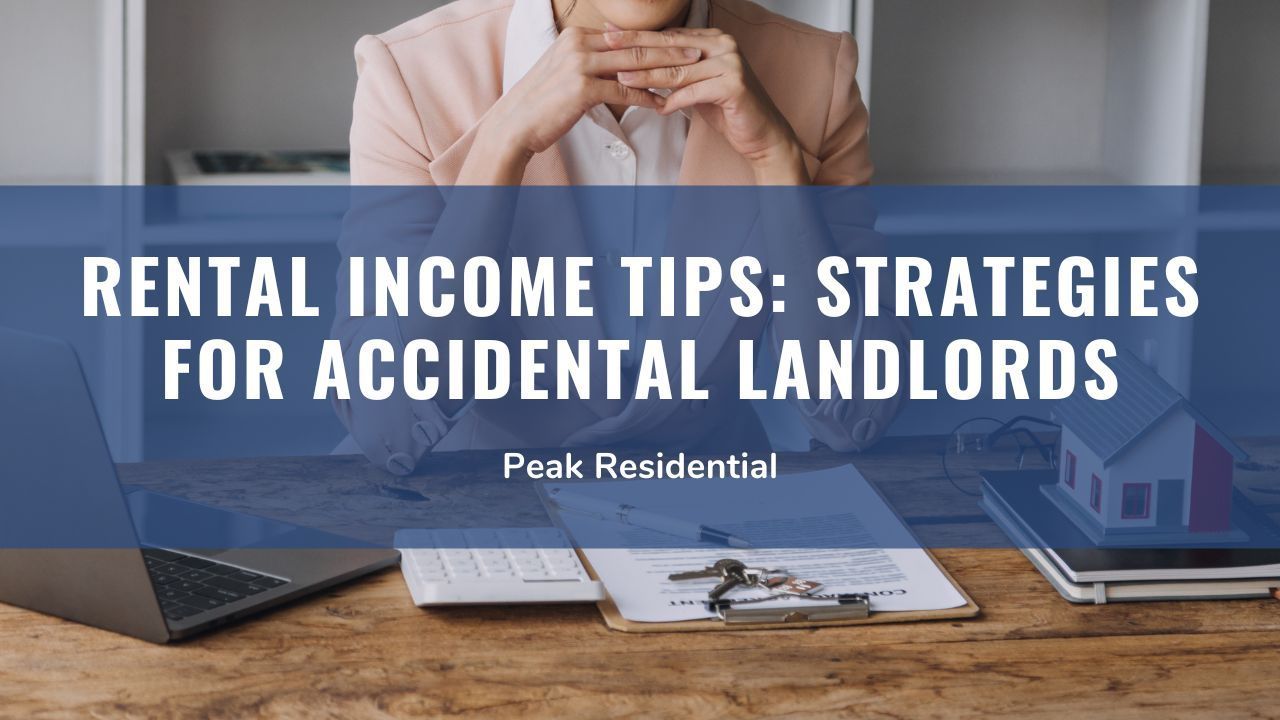Key Takeaways
- Property value impacts rental income, resale profits, and financing options, making it essential for real estate investors to monitor.
- Depreciation is a natural process where a property's value declines over time due to wear and tear, but regular maintenance can help slow it down.
- Landlords can deduct depreciation expenses on taxes, which can help maximize profitability by reducing taxable income.
- To protect property value and slow depreciation, landlords should invest in regular maintenance, strategic upgrades, and attract high-quality tenants.
Are you thinking about real estate investing? If you are, then it’d be important for you to begin familiarizing yourself with certain key financial terms, including what real estate depreciation and property value is.
Knowing what they mean for your investment business can help you optimize your ROI. In this article by Peak Residential, we’ll go over what you, as a landlord, need to know about depreciation and property value.
What Is Property Value and What Does It Mean for Your Investment?
Property values are key to property investors. This is because they have a direct impact on things like equity growth, profitability, and return on investment. How much value a property has will determine its resale profit, income potential, and financing options.
Generally speaking, property values rise over time, and when they do, investors are able to build wealth and increase their investment portfolio. This also leads to a rise in equity and higher rental rates.
Homes that have high property values also tend to appeal to high quality tenants. Renting to high-quality tenants can help you maximize your ROI by caring for the property, paying rent on time, and renewing their lease multiple times.
Declining property value can have opposite effects. It can lead to losses, making it harder for you to sell the property or refinance it.
Property value gets impacted by various things, including neighborhood trends, market fluctuations, and prevailing economic conditions. That’s why due diligence is key before investing in real estate.
What Is Real Estate Depreciation?
Unlike appreciation, real estate depreciation refers to the gradual loss of the value of a property over time. As time goes by, certain things are bound to degrade in value. For example, the roofing, appliances, and plumbing and electrical components. As a property investor, you’ll need to repair or replace them altogether.
What’s more, an older property can become less desirable with shifting market trends and as new buildings come up. Economic downturns and neighborhood decline can also play a key role in a property’s depreciation.
Regular maintenance can help slow down depreciation, however, no matter what you do, depreciation remains an unavoidable aspect of owning a property.
How Do You Calculate the Rate of Depreciation in Real Estate?
The Internal Revenue Service (IRS) allows landlords to make certain deductions when filing taxes. Depreciation happens to be one of them. Since depreciation is an expense, deducting it can help you minimize your expenses for maximum profitability.
You can calculate the rate of depreciation on your property by first determining your property’s value. To do this, you’ll need to account for the total cost of the investment. Make sure you have included things like the down payment, closing costs, mortgage interests, and legal expenses. Next, minus the cost of land and then add the cost of any renovations or improvements made to the property.

Suppose, for instance, that you bought the property for $500,000. You then paid a total of $10,000 to cover things like taxes, closing costs, and fees. You also got to pay $15,000 to renovate the property. After subtracting the cost of land, say, $50,000, the property’s cost basis would be $465,000.
Then, determine the annual rate of depreciation. The IRS estimates that rental properties take about 27.5 years to depreciate, while properties meant for commercial use take about 39 years.
To determine the annual rate of depreciation, you’ll need to use a General Depreciation System (GDS). This calculation will require you to divide the adjusted property cost ($465,000) by the rental property depreciation period (27.5 years). From the figures above, this would give you an annual depreciation amount of $16,909.
How to Slow Down Depreciation of Your Rental Property
Depreciation occurs naturally over time. That said, there are a couple of things you could do to slow down the rate at which it occurs.
Repair and Maintain Your Property Regularly
As a landlord, certain things are inevitable, and this includes repairs and maintenance. How you handle them is what matters when it comes to maximizing your ROI.
If you are proactive in how you respond, you can prevent small issues from becoming worse and potentially costly to fix. What starts out as a small leak can get much bigger over time if ignored. What could have cost you a few hundred dollars to fix could grow to thousands.

Once notified by the resident, make sure to respond appropriately. This cannot only reduce your repair and maintenance bill, but also help you retain quality residents.
Make Upgrades to the Unit
As a landlord, you’ll need to consistently upgrade your rental property to ensure it remains competitive in the market space.
Make sure to make the right upgrades and improvements. For maximum return on investment, make sure to consider the following:
- Update the kitchen countertops, replace old appliances, and install modern cabinetry.
- Upgrade the look and feel of the bathroom by doing things like upgrading fixtures, ensuring proper ventilation, and re-grouting tiles.
- Replace the flooring with something durable and attractive, such as hardwood or luxury vinyl planks.
- Boost your property’s curb appeal by repainting tired-looking walls, planting new flowers, fixing driveway cracks, and removing debris.
Rent to the Right Tenants
Great tenants are key to optimum return on investment. Great tenants will take care of their rented premises, make timely rent payments, and renew their lease multiple times, among other things. To land such tenants, make sure to check their credit rating, income level, rental background, and employment status.
Bottom Line
Although depreciation is inevitable, there are certain things you could do to slow it down. Luckily, with this information, now you know what it is, how to calculate it, and how to minimize its impact. For expert help in real estate advice or property management in the Sacramento area, look no further than
Peak Residential. Get in touch to learn more!
